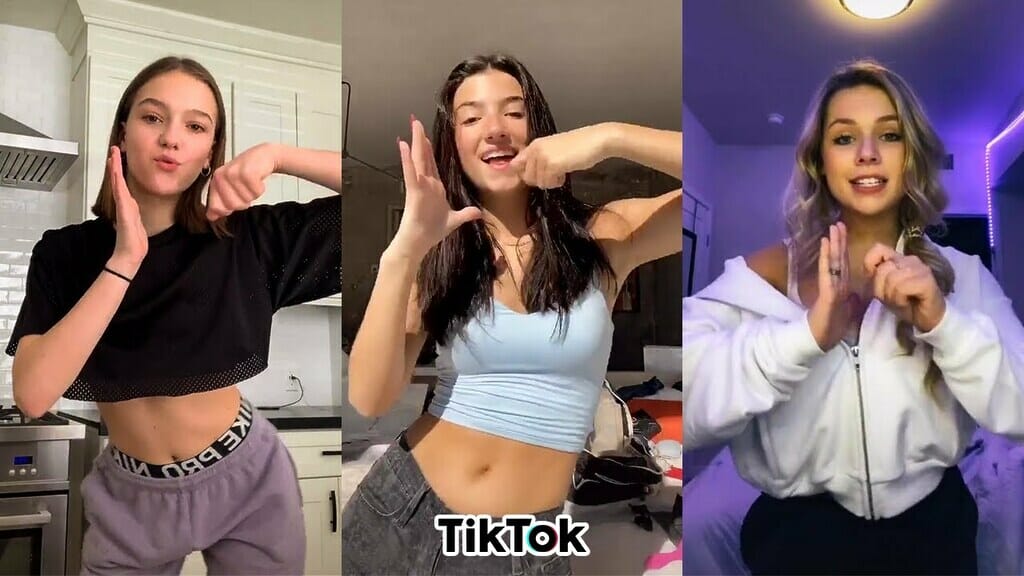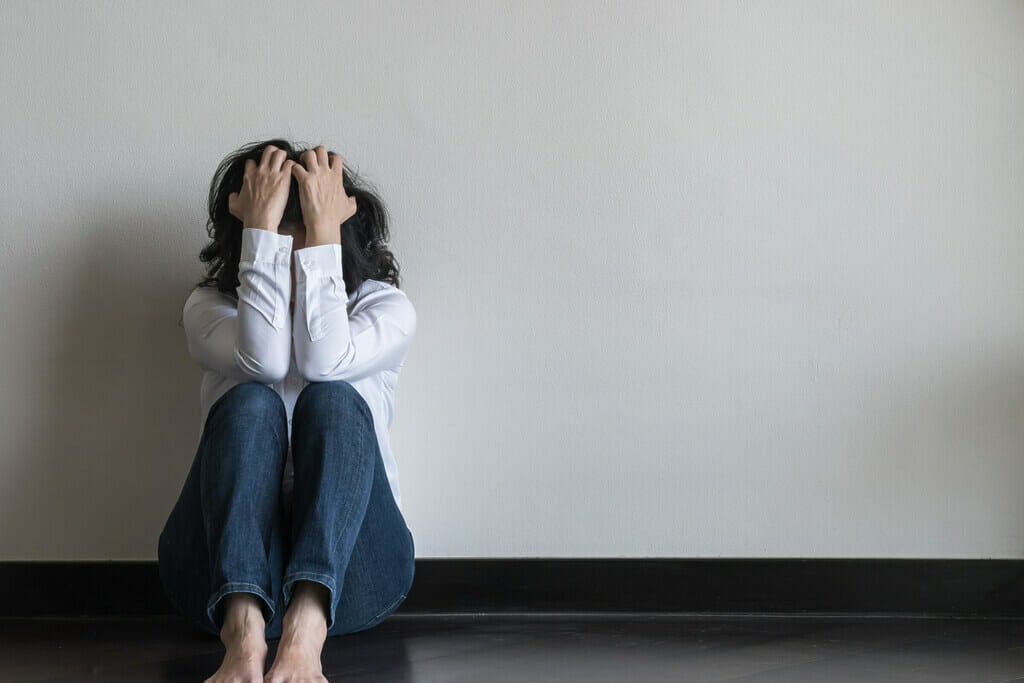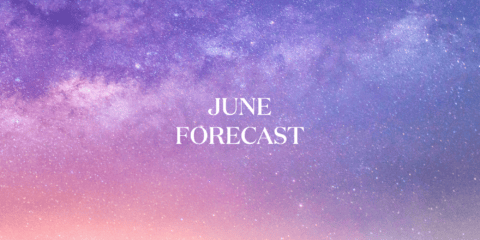TIk Tok is the app that everybody is currently severely engrossed with. In the few years since it’s been launched it has amassed more than 1 billion users.
Its growth was so explosive, that Instagram has been reduced to the platform known as circulating “recycled Tik Toks.”
Half the people I know, regardless of age, speak in TIk Toks. From dances, to creatives showcasing the way they make their products, to world news, to beauty tok and testing makeup trends, to people telling stories and/or ranting – it really is a one stop shop for all your entertainment needs.

Safe to say that as a phone owner in 2023, Tik Tok has a chokehold on us. The viral videos that go around are what everybody uses as ice breakers and talking points, and half the time, I find myself watching a movie and realising that THAT’s where the commonly used Tik Tok sound has been derived from.
I am guilty of aimlessly scrolling on Tik Tok because the content is short enough to remain engaged the whole way through, and it somehow feels like you’re connected to a mass source of information being disseminated. It feels personal yet communal. But as I lay in bed scrolling, I’ve realised that it’s been over an hour and I’m called to consider whether this is in fact healthy.
Put aside the fact that for most Millennials and Gen Z, the use of Tik Tok is almost like a default part of our routine. Statistically, it’s been noted that women use Tik Tok more than men, so is Tik Tok good or bad for the mental health of us women?
The short answer is that it is both.
Tik Tok is a great platform for those who are creative, self-expressive, confident, and has catapulted a number of seemingly nobodies into extreme fame and success. However, a number of experts fear that it is a significant catalyst for the mental health crisis.
I’ve reviewed preliminary studies and comments from a number of mental health and psychology clinics such as the Wave Clinic, the Max Planck Institute for Human Development In Berlin, the Behavioural Sciences of Alabama, Depression and Bipolar Support Alliances, Healthline and Everyday Health. Here are my key findings on the detrimental effect that Tik Tok can have on your mental health.
Social media platforms in general tend to have an impact on how people view themselves, but Tik Tok really amplifies this. There’s an inherent recognition of attractive (or conventionally attractive) people on Tik Tok. People like Alix Earle, Charli Damelio, Addison Rae who were normal people prior to using Tik Tok have catapulted to fame for their attractiveness and have been presented with extreme opportunities. This can negatively impact your own view of yourself and self-esteem. Psychologists go as far as to say that constant simulation in this form fuels body dissatisfaction and appearance-related anxiety by distorting our sense of self-image. You hear the quote that comparison is the thief of joy, and that really does become the case as the more stimulus you receive of other people living a life you perceive to be better than yours, the more our own self-image is distorted. This unfortunately, can lead to behavioural disorders in users.

Another negative effect on brain chemistry that was found is that because users are constantly exposed to new content within minutes, it shortens our attention span for stimulus. I personally have found that because I’m constantly being entertained by 30 second to 1 minute videos, if videos are longer than that, I tend to skip them. Psychologists consider that this is extremely harmful for the way our brain operates in the real world and can have flow on effects such as zoning out of conversations in real life, and failure to retain relevant information.
A further negative discussion is that because Tik Tok feels like an interaction (content is in video form rather than pictures), in some people, it can cause isolation as it may serve as a replacement for social interaction. Instead of wanting to socialise, people may crave isolation to watch videos which still tends to fill the cup of a social interaction. Unfortunately, this can lead to further isolation and people becoming more reclusive.
The app provides a platform for creativity, but experts are worried that it’s also become a place for trauma dumping. Due to the inherently personal nature of the app, it has been flooded with young people posting about the way in which their lives have been impacted. From assault, to death of loved ones, to abuse. The ethos of Tik Tok is fostered in an environment where users are comfortable being incredibly vulnerable and personal and speak about intimate things. Psychologists consider that such users will deeply regret trauma dumping on Tik Tok because whilst it may offer temporary support, it can also lead to additional trauma. Psychologists go on to say that in their industries, there are safe systems and practices for disclosure of such matters, and social media is simply not a safe environment.
Finally, Millennials and Gen Z as Tik Tok users are known to be the most ruthless of social media users. The comments are often extremely blunt, to the point, and sometimes downright mean. Nastiness on the internet is inevitable, but because of the extremely interpersonal nature of the app, people can often find out other things about the user and use this to bully and harass them further.
So all in all – there are positives and negatives to using Tik Tok. Whilst I think there are so many fun things about the app, there’s also a more sinister side to it. I don’t think you should run to delete the app immediately, but this is a friendly reminder to step back into the real world and not let it run your life.








